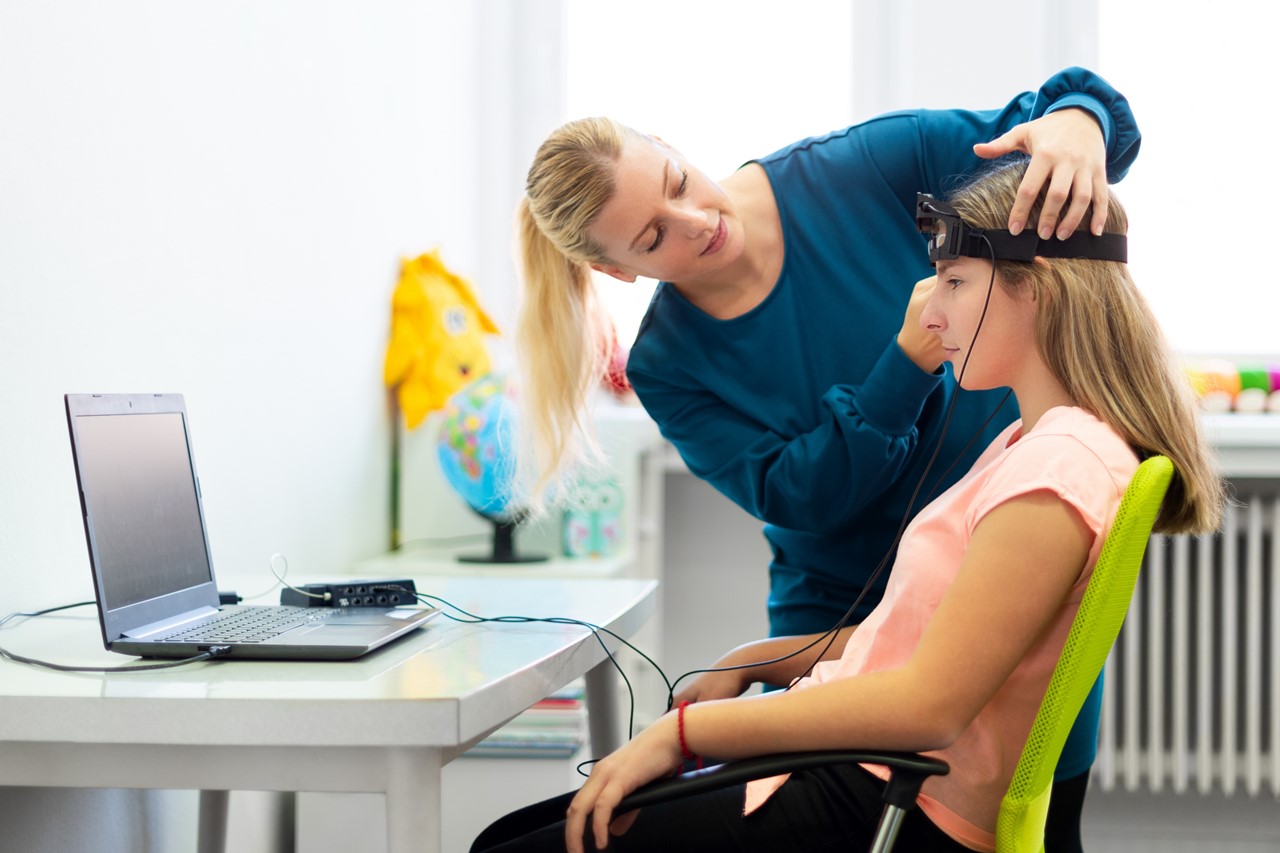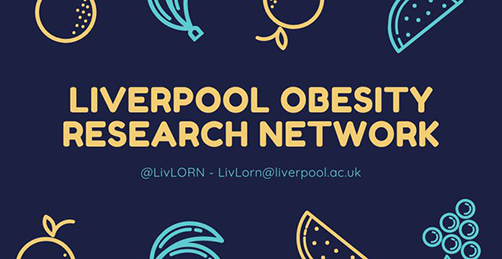
Department of Psychology
Improving our understanding of the brain and behaviour.
The Department has a strong history and reputation for excellence, owing its origins to Nobel Laureate, Sir Charles Sherrington, who founded a laboratory at the University in 1895, specifically to study behaviour.
We conduct world-leading, translational research spanning basic and fundamental (neuro)science to applied research in industry, health-care, and behaviour change.
Our research ethos is multi-disciplinary and collaborative, with a focus on quality and impact. We are a vibrant and ambitious department, which is welcoming and supportive to all.
In REF 2021, 88% of our research was ranked as world leading (4*) or internationally excellent (3*). We were placed joint first in the UK for our world leading (4*) environment and ranked in the top 10 in the UK for Research Power.
We are committed to excellence in scholarship, teaching and nurturing students to their full potential.





.jpg)






